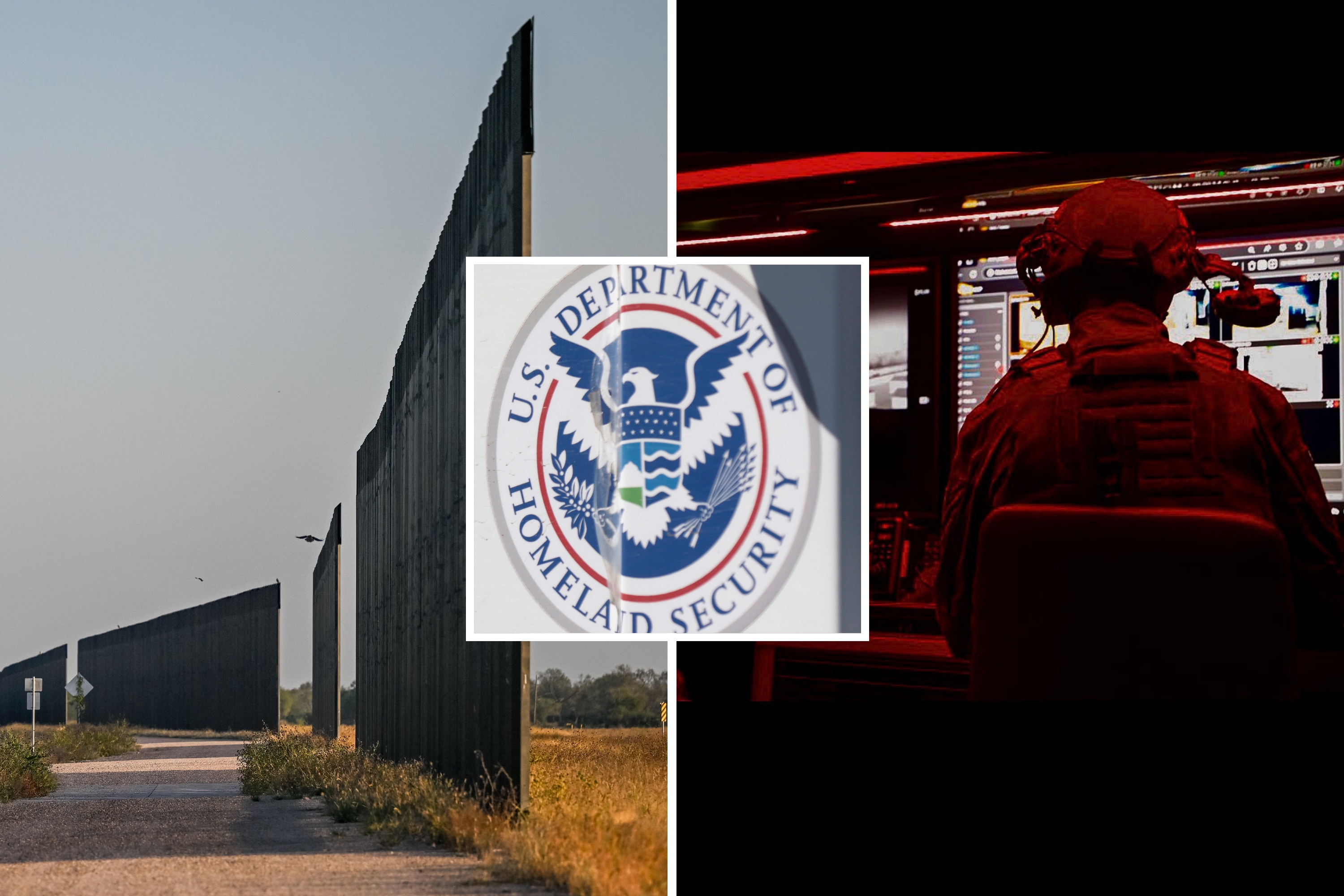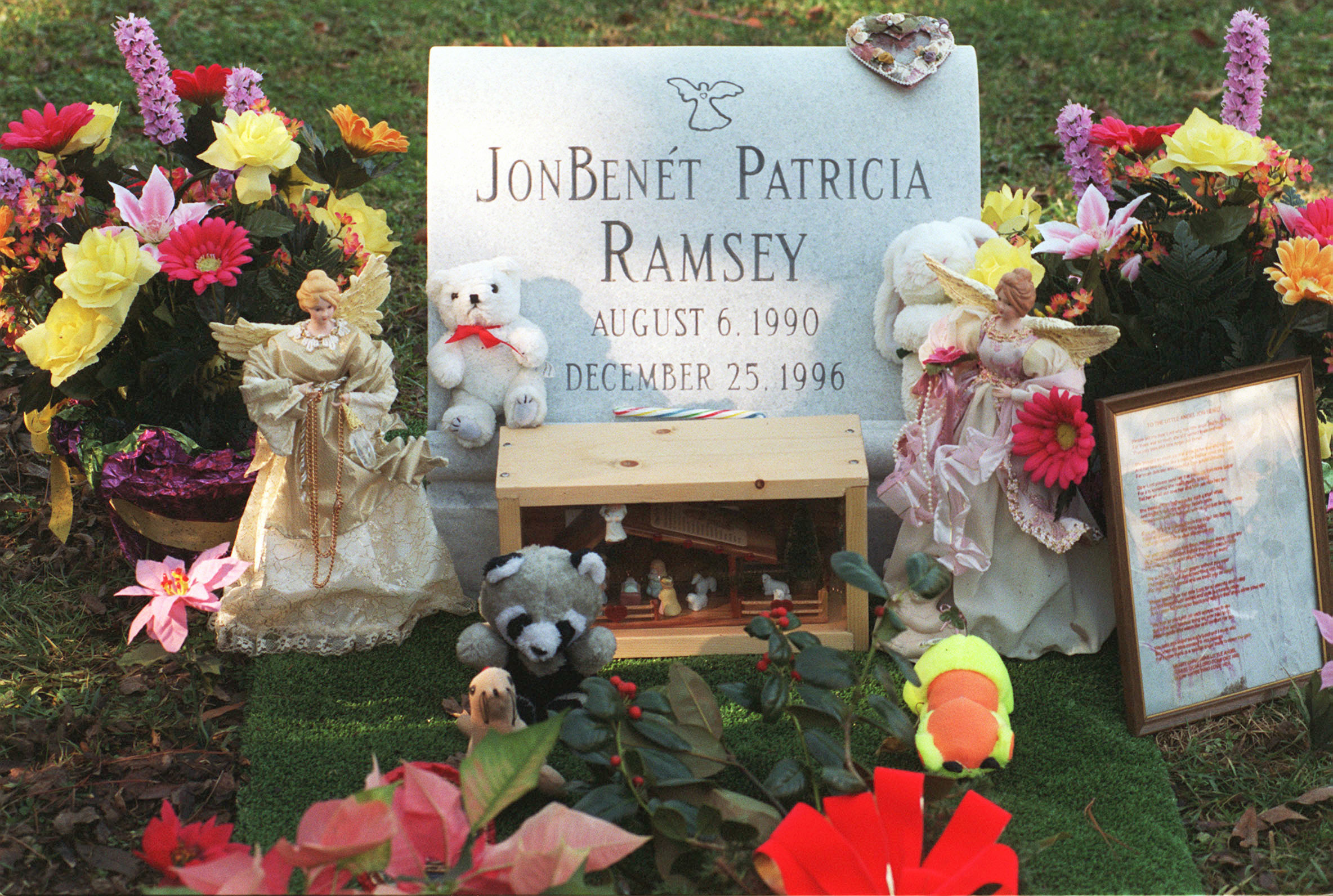The U.S. Border Patrol is scaling up its chaplaincy program while agents face intensifying psychological strain from enforcing immigration policies along the southern border.
The agency is training more among its ranks to provide spiritual care for their fellow agents on and off the job.
Over the past four years, the Border Patrol has more than doubled its number of trained chaplains, from 130 to approximately 240, according to Assistant Chief and Chaplaincy Program Manager Spencer Hatch.
These chaplains, often lay agents endorsed by their faith groups, complete a 2.5-week academy to prepare for their dual roles.
"That's a really hard thing to deal with, as things tend to flip from one side to the other, and we're still in the crossfire," Hatch said.
President-elect Donald Trump has just selected Texas Gov. Greg Abbott as his administration's "border czar." Trump has repeatedly referred to immigrants "poisoning the blood" of the United States.

What do Border Patrol chaplains do?
Chaplains remain in their operational roles but are on call to assist colleagues during crises, offering confidential, nonjudgmental support.
Unlike traditional clergy, Border Patrol chaplains do not initiate discussions about religion unless prompted. Their mission is to help agents navigate the emotional toll of their work, which often involves recovering the bodies of migrants or dealing with life-threatening scenarios.
The initiative's expansion comes at a time when agents report increased emotional dissonance between their duties and public perception.
Vice President-elect JD Vance has says the Trump administration's approach will involve deporting millions of migrants. More will be blocked at the U.S.-Mexico border, or held in Mexico while they await for their hearings.
Many workers are vilified for enforcing immigration laws, while simultaneously rescuing migrants stranded in harsh desert conditions on the border.
In addition, agents say they are especially affected by the plight of migrant children at the hands of smugglers.
Yaira Santiago, a newly minted chaplain and former schoolteacher says it's imperative to have "the biggest smile" to provide comfort to vulnerable groups of people.
She now runs a Border Patrol migrant processing center in Southern California.

Addiction Issues, Mental Illness, and Survivor's Guilt
The chaplaincy program, first established in the 1990s after a series of on-duty deaths, works alongside the agency's peer support program, which focuses on mental health.
Together, these programs aim to reduce risks of addiction, suicide, and family breakdown among agents. Conversely, migrant suicides at U.S. Immigration and Customs Enforcement (ICE) increased times eleven in 2020—the final year of Trump's first term.
"Even in moments of uncertainty, your presence is often enough," said Matt Kiniery, a 15-year Border Patrol veteran and graduate of the chaplaincy academy in El Paso, Texas.
Agents undergo frequent relocations—some as many as nine times in 18 months during record-breaking migrant crossings early in the Biden administration.
Encounters of migrants at the U.S.-Mexico border stands at 2.1 million in 2024, according to the Migration Policy Institute's October data.
This constant movement strains both agents and their families, making the need for emotional support even more critical. Training for chaplains includes role-playing exercises on scenarios such as delivering death notifications, counseling colleagues with addiction issues, and assisting those grappling with survivor's guilt.

Public Perception of Border Workers
Many agents feel the American public sees them as obstacles to migrants seeking a better life in the United States. They often tell their children to say their parent does "government work" for fear of a backlash, especially in the remote border communities where many agents live.
While the majority of chaplains are Christian, the program includes individuals of Jewish and Muslim faiths.
Their unifying goal is to provide solace without imposing religious beliefs.
"One tries to give them support within the limits of what your work allows," Santiago said.
This article includes reporting from The Associated Press



















 English (US) ·
English (US) ·